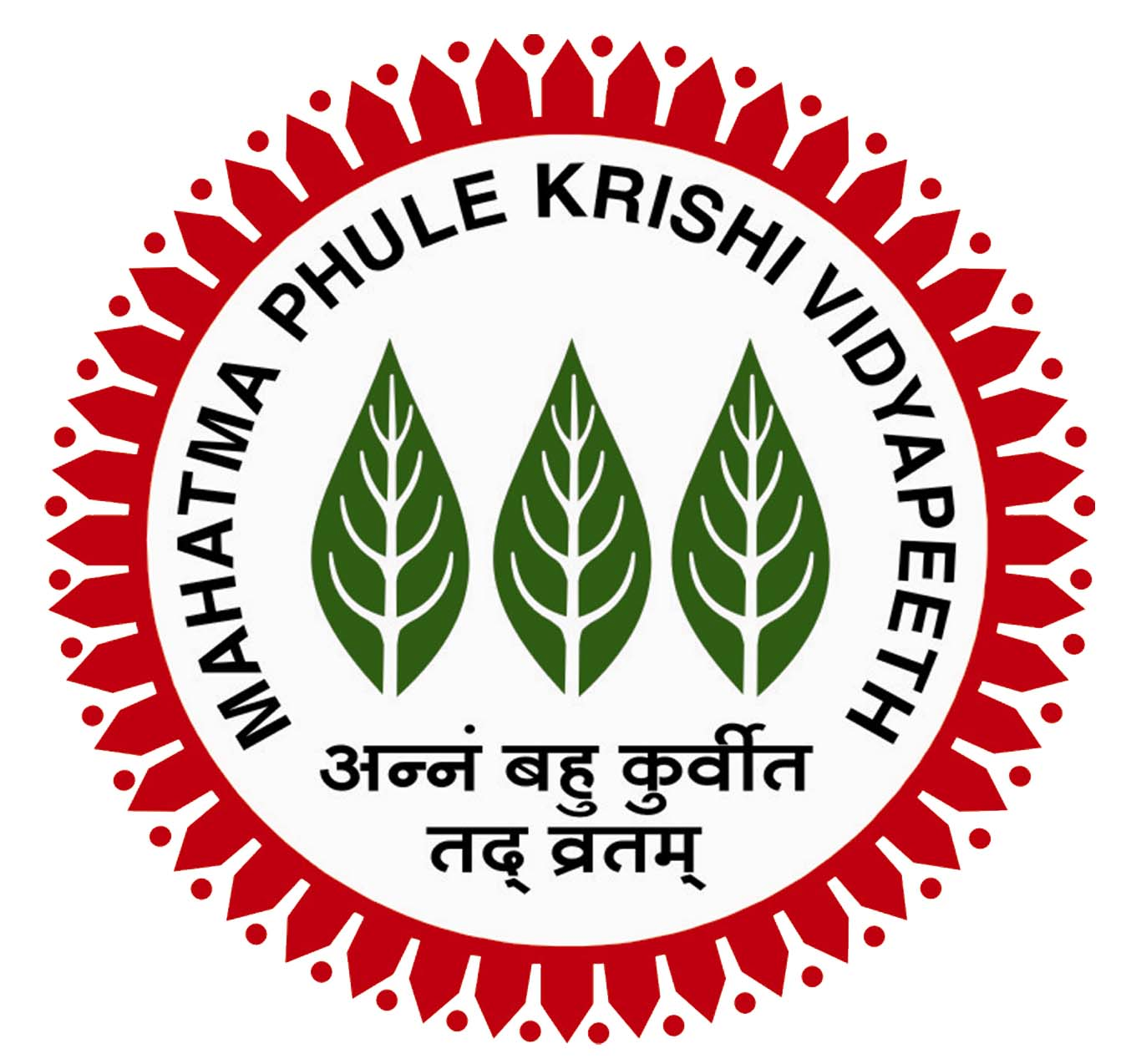Introduction:
Nutrition plays a critical role in the rehabilitation process, providing the essential building blocks for recovery, healing, and overall well-being. This article explores the significance of nutrition in rehabilitation and highlights how proper dietary choices can optimize the recovery journey. By understanding the impact of nutrition on rehabilitation, individuals can make informed decisions about their diet and harness the power of food to support their healing and recovery.
The Healing Power of Nutrients
Nutrients are the foundation of healing and recovery. They provide the body with the necessary energy, macronutrients (carbohydrates, proteins, and fats), vitamins, minerals, and phytochemicals needed for tissue repair, immune function, and overall cellular health alcohol treatment centers. Adequate intake of nutrients supports the body’s ability to heal and regenerate, making proper nutrition a vital component of the rehabilitation process.
Meeting Energy and Macronutrient Needs
Rehabilitation often requires increased energy expenditure and a higher demand for nutrients. It is important to ensure that individuals consume enough calories to meet their energy needs, which can vary depending on factors such as age, gender, body composition, and activity level. Additionally, proper intake of macronutrients, such as carbohydrates, proteins, and fats, is crucial to support muscle repair, tissue regeneration, and overall recovery. A balanced diet that includes a variety of nutrient-dense foods can help individuals meet their energy and macronutrient needs during the rehabilitation process.
Micronutrients for Healing and Recovery
Micronutrients, including vitamins and minerals, are essential for optimal healing and recovery. Vitamin C, for example, is important for collagen synthesis and wound healing, while vitamin D plays a role in bone health and immune function. Minerals such as calcium, magnesium, and zinc are also critical for tissue repair and overall cellular functioning. A diet rich in fruits, vegetables, whole grains, lean proteins, and dairy products can help individuals obtain an array of micronutrients necessary for the rehabilitation process.
Hydration for Optimal Recovery
Proper hydration is often overlooked but is crucial for optimal recovery during rehabilitation. Water is involved in various physiological processes, including nutrient transport, waste removal, and temperature regulation. Dehydration can impair overall function and hinder the body’s ability to heal. It is important for individuals undergoing rehabilitation to stay adequately hydrated by consuming water and other hydrating fluids throughout the day.
Individualized Nutrition Plans
Each person’s nutrition needs during rehabilitation may differ based on their specific condition, goals, and dietary restrictions. Working with a registered dietitian or nutritionist can be beneficial in developing personalized nutrition plans. These professionals can assess individual requirements, consider any underlying health conditions or medications, and provide tailored guidance to support the healing and recovery process. Individualized nutrition plans ensure that individuals receive optimal nutrition that aligns with their specific needs and goals.
Conclusion:
Nutrition is a fundamental component of the rehabilitation process, playing a vital role in supporting healing, recovery, and overall well-being. Adequate intake of energy, macronutrients, and micronutrients fuels the body’s ability to repair and regenerate tissues. Proper hydration is also essential for optimal recovery. By embracing the power of nutrition and working with healthcare professionals to develop personalized nutrition plans, individuals can optimize their rehabilitation journey and enhance their chances of a successful recovery.

